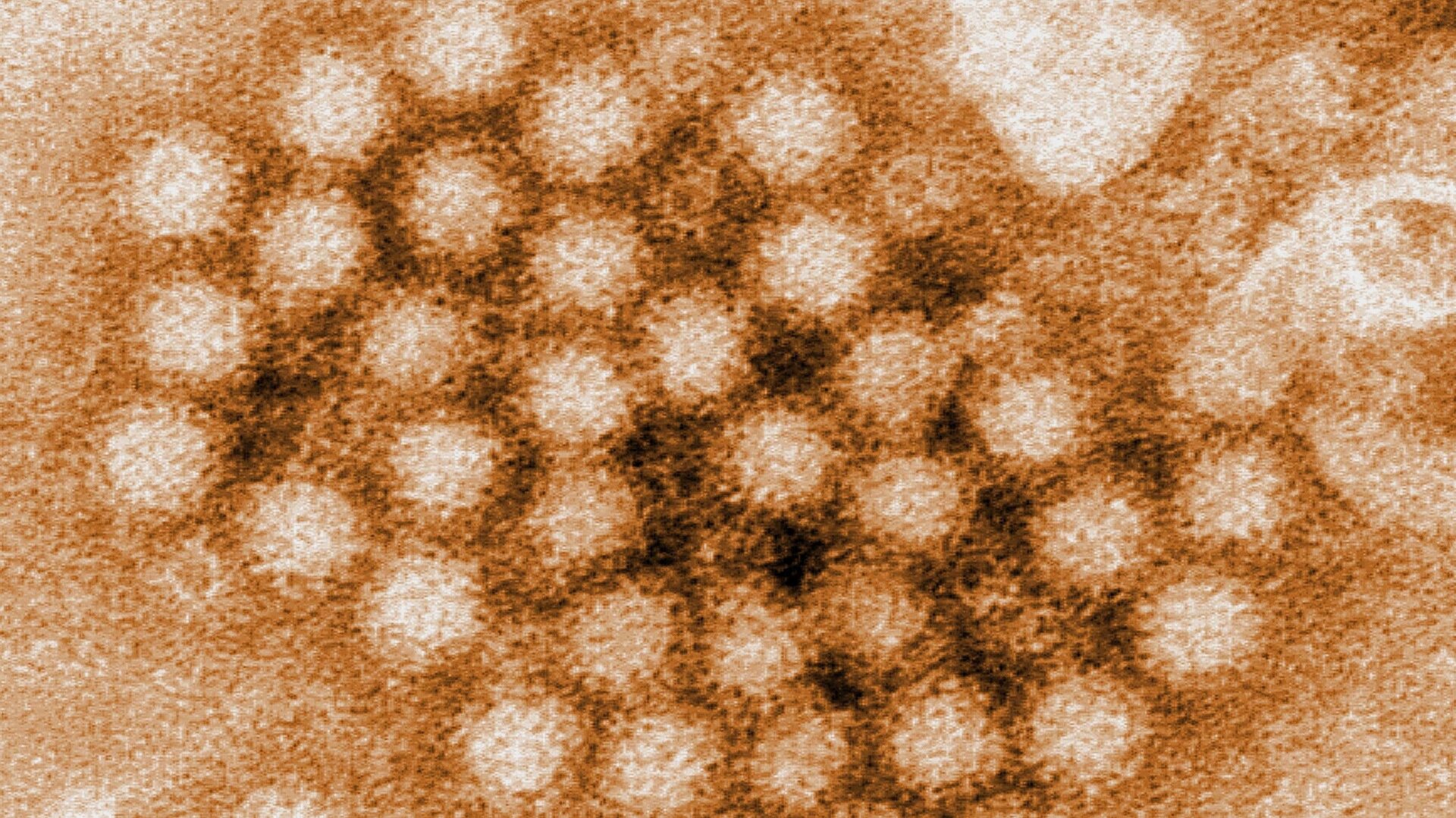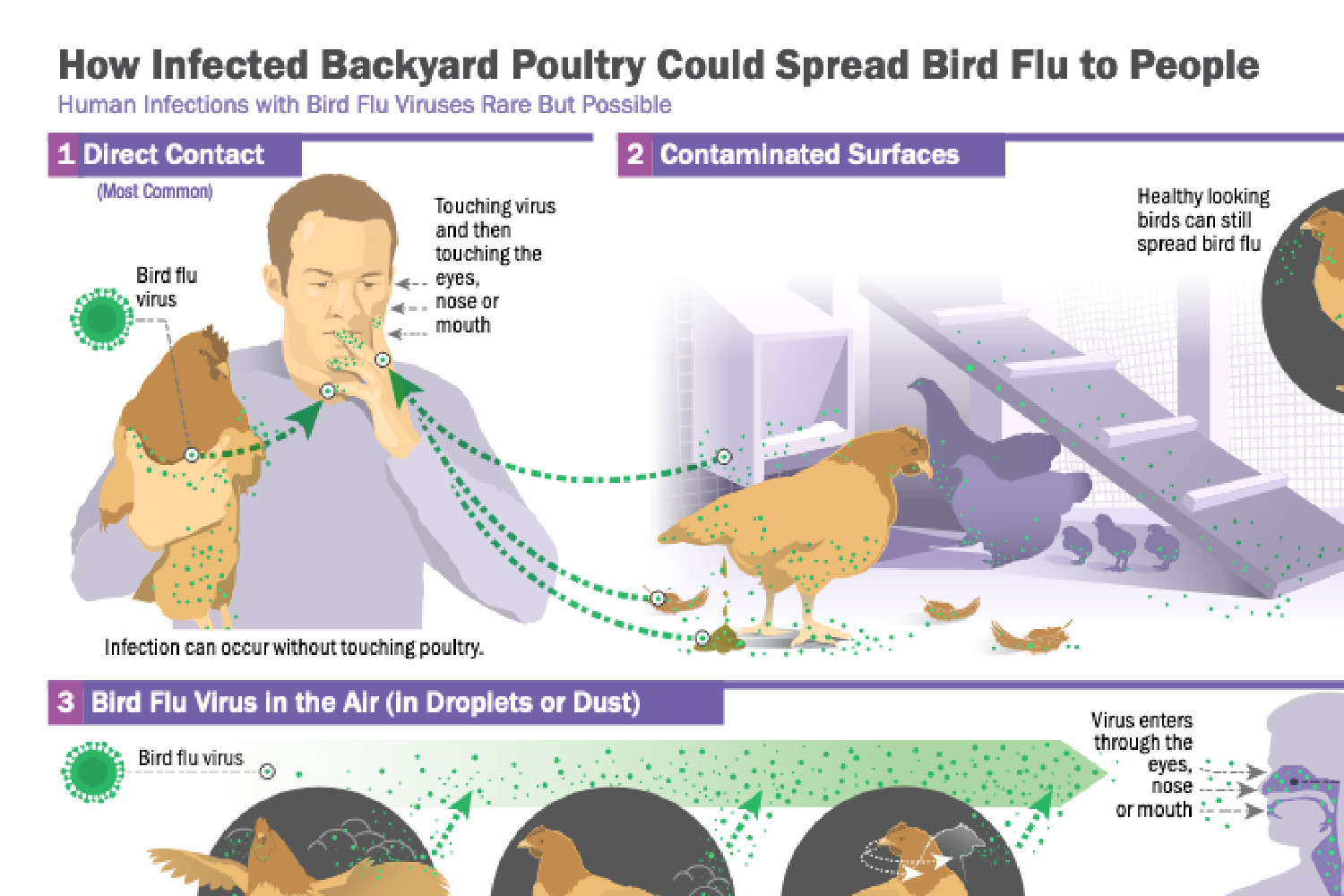With covid-19 waning in the U.S. and people returning to their old habits, once-routine contagious diseases are predictably popping back up after a year of being suppressed by pandemic precautions.
On Thursday, the Centers for Disease Control and Prevention issued a health advisory to doctors and caregivers in the Southern U.S., warning them of a recent uptick in cases of respiratory syncytial virus (RSV). As a result, they called for “broader testing for RSV among patients presenting with acute respiratory illness who test negative” for covid-19.
RSV isn’t the only previously common infection that seems to be on the rise. On Tuesday, health officials in Minnesota warned of a “significant” increase in norovirus, the highly contagious foodborne germ. In a span of a week, Seattle health officials have reported not one but two norovirus outbreaks in King County. Connecticut experienced its own norovirus cluster last month. And according to national surveillance data, both RSV and norovirus have seen a recent spike in detection by testing labs, at least in some regions.
These diseases aren’t entirely harmless, particularly for more vulnerable groups. RSV is the leading cause of pneumonia in children under the age of 1, and efforts have been ongoing in trying to find an effective vaccine. And as anyone unlucky enough to have gotten norovirus well knows, it’s not the sort of disease that usually kills you, but its symptoms of vomiting, diarrhea, and stomach cramps might make you wish it did. Still, for the large majority of the population, RSV is little more than a common cold, and neither disease’s typical impact compares to the destruction wreaked by covid-19, which has killed at least over 600,000 Americans in the past year and a half. (According to the CDC, RSV kills an average of 14,000 Americans per year—though that’s likely an undercount—and norovirus kills an average of 900.)
The pandemic has had a small silver lining in that it lowered the incidence of more garden-variety infections, including the seasonal flu, largely by changing our behavior. Distancing and other interventions like mask-wearing, though not foolproof in stopping the spread of covid-19, cut down on the amount of other germs we spew in each other’s faces or onto food.
Of course, all this added caution hasn’t come without its burdens, and many people, especially vaccinated folks, are happy to return to their old habits. Despite some valid concerns about the emergence of new coronavirus variants like Delta, first found in India, and the lagging rate of daily vaccinations in the U.S., the pandemic here continues to be on the downswing. (Globally, unfortunately, it will remain a menace until vaccination rates are high everywhere.)
Getting back to normal socializing won’t be entirely risk-free, as these recent outbreaks of non-covid infections should remind us. But in a funny way, they are the latest sign that nature is healing.














